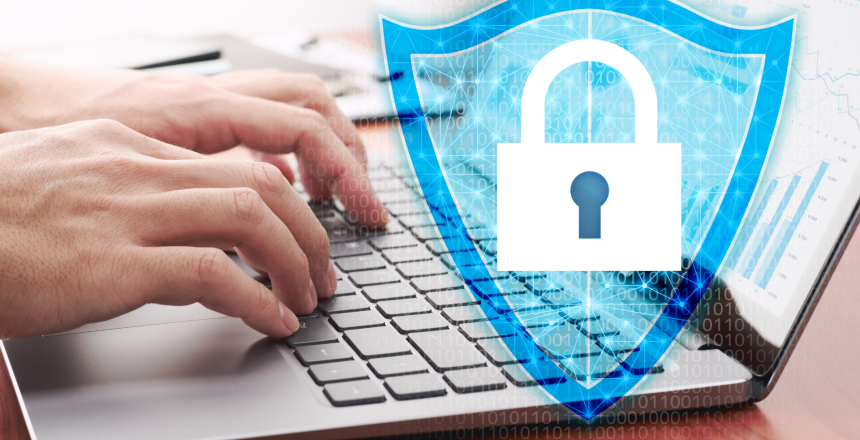As an employer, you must gather information from applicants and workers. The information could include a Social Security Number (SSN), date of birth, medical records, and other vital information provided during the hiring process. However, once you have collected sensitive data, it is your obligation to protect it.
However, this may be more difficult than most employers believe. There are various cybersecurity dangers today, particularly with changing work habits, and your application and employee information may be compromised and stolen.
A data breach is a nightmare for businesses and can severely harm your company’s brand and financial status. As a result, every firm must be proactive in terms of applicant and employee data protection by implementing strong data security procedures.
But how exactly do you go about doing this? Here are five pointers to help you get started:
1. Create Formal Policies and Procedures
While all data in your organization is valuable, not all of it requires the same level of protection. You must separate your personnel data and categorize it as public, private, or restricted.
After categorizing the data, develop a policy that explicitly states that unlawful transfer, copying, usage, or viewing of sensitive employee data will result in disciplinary action or possibly termination. You can also ask employees to notify you if they feel someone has gotten unauthorized access to protected information.
2. Employee Education
Educating your entire crew is an excellent method to keep your application and employee information secure.
Phishing email scams pose a significant risk to data security in businesses. In fact, the IRS had to warn HR and payroll professionals to be on the lookout for phishing emails that falsely appear to be from top corporate officials and request confidential employee information. Because phishing emails appear real, it is critical to train your personnel to recognize them.
As an extra precaution, require your payroll and HR personnel to verbally confirm emails from corporate officials, especially if they want employee information.
Bring Your Own Device (BYOD) policies are gaining traction, and some companies are allowing employees to use their own laptops and mobile devices to work. Unfortunately, their gadgets may not be as secure as your business systems and are readily hacked.
As a result, cybersecurity education for employees is critical in order to provide them with knowledge on general file security procedures, social engineering breaches, and password security. This puts them in a good position to protect the company’s data.
3. Securely Store Records
Encryption, password protection, and storage on a secure server are all required for electronic records. You will need to assess electronic systems on a regular basis to avoid security breaches caused by viruses and new technology. For paper records, ensure that the storage site is secure and that only employees with valid business needs, such as the bookkeeper, payroll processor, or managing partner, have access.
4. Investigate Incidents and Take Immediate Action
If someone gains unauthorized access to employee records, whether accidentally or on purpose, make sure you examine the matter as soon as possible. The inquiry will assist in determining whether adjustments are required to protect employee records before it is too late and whether appropriate action should be considered.
In addition, to ensure compliance, you should research any applicable federal or state data privacy legislation. Many jurisdictions, including Colorado, Tennessee, Delaware, California, and Minnesota, require employers to notify employees if their personal information is compromised.
5. Improve Computer Security
The first step toward a solid computer system is to restrict system access. Installing a firewall helps to prevent unauthorized access while setting up a proxy server helps to control and limit internet access.
Install patches and updates on a regular basis since outdated operating systems and software make your firm more vulnerable to cyber threats.
Finally, when an employee leaves your firm, set a checkout policy to stop computer access and terminate credentials.
Hire a Payroll Service You Can Rely On
Protecting sensitive employee information necessitates an organization’s time and effort. Fortunately, collaborating with a payroll service can help alleviate stress while also improving employee data security.
